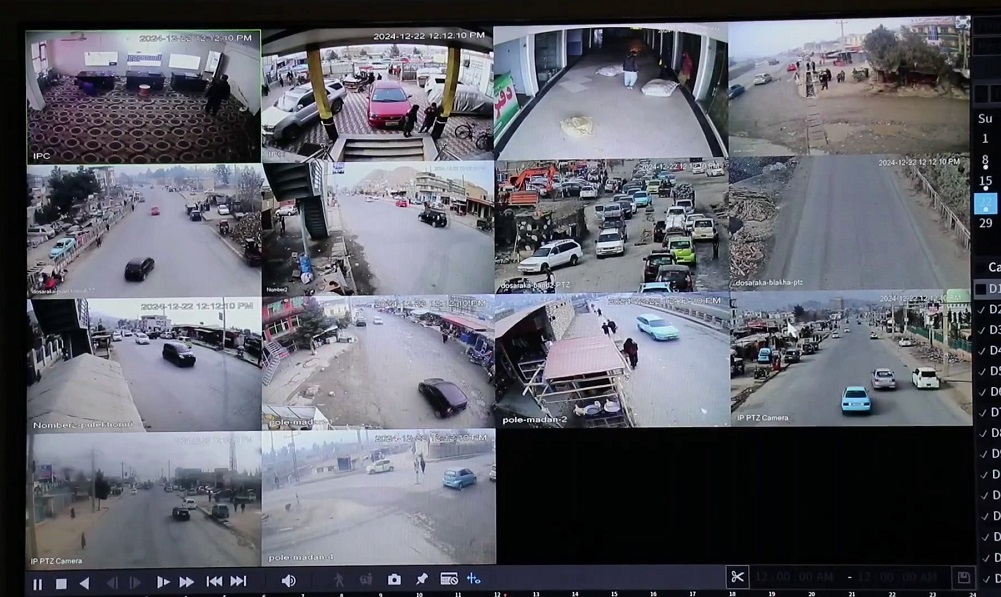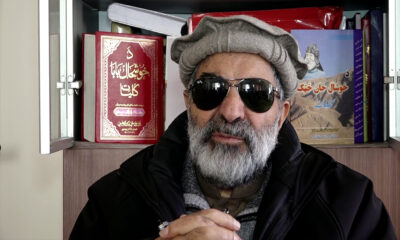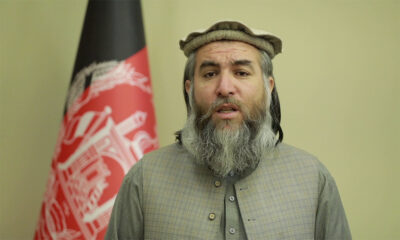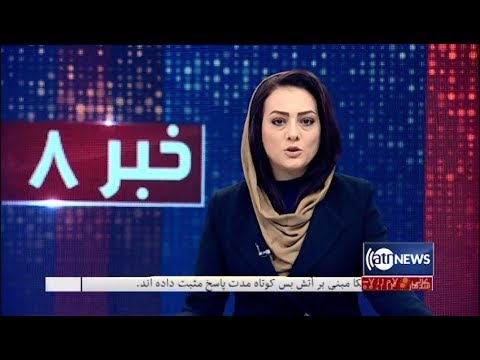More than 350 security cameras installed in Pul-e-Khumri city

Baghlan security officials say they have installed more than 350 cameras, costing 20 million Afghanis, in different parts of provincial capital Pul-e-Khumri to prevent crime and identify criminals.
Previously, security cameras were installed in capital Kabul and several other provinces.
“350 security cameras have been installed in the Baghlan capital, known as Pul-e-Khumri city, and this is an effective measure in ensuring security,” said Abdul Haq Haqqani, the provincial police chief. “We also want to connect 15 districts to the center through cameras.”
Saifullah, in charge of protecting and monitoring the security cameras said: “Pul-e-Khumri is a crowded city and there are many markets, so it took a little longer to install the cameras.”
Residents of Pul-e-Khumri city and local officials consider the move important in preventing security incidents and crime and want the area covered by security cameras to be expanded.
“Security is provided from both sides, the people and the government,” said Mustafa Hashemi, director of information and culture in Baghlan. “If the people are not with the government, the government is nothing, and if the government is not with the people, the government will not survive. The government survives when the people and the government are united.”
Mohammad Hashim, a resident of Baghlan province, said: “Our demand is that cameras be installed in villages, streets and markets so that citizens and shopkeepers can live in security.”
Baghlan police say they will start installing security cameras in the districts as well.

Tahawol
Tahawol: Surge in Afghan refugee deportations from Pakistan
Saar
Saar: Discussion on Afghanistan-US relations
Latest News
Pakistan urges global community to block arms flow to militant groups in Afghanistan

A Pakistani diplomat on Saturday called on the international community to block the flow of modern and sophisticated weapons to militant groups in Afghanistan.
“Terrorist armed groups are in possession of billions worth of illicit arms abandoned in Afghanistan,” Syed Atif Raza, a counsellor at the Pakistan Mission to the UN, told an Arria-Formua meeting of the UN Security Council, convened by Sierra Leone.
“We call upon our international partners to recover the vast stockpile of abandoned weapons, prevent their access to armed terrorist groups and take measures to close this thriving black market of illicit arms,” he said.
Pakistani officials have repeatedly claimed that attacks in the country are planned in Afghanistan and that militants use weapons left behind by foreign forces.
The Islamic Emirate, however, has denied the claim, saying Afghanistan is not responsible for Pakistan’s “security failure”.
-

 Latest News4 days ago
Latest News4 days agoAfghanistan’s reconstruction is in the interest of EU: Uzbek president
-

 Latest News4 days ago
Latest News4 days agoUS won’t rest until all Americans detained in Afghanistan brought home: Rubio
-

 Latest News3 days ago
Latest News3 days agoMinistry of Economy calls on US to release Afghanistan’s frozen funds
-

 Latest News4 days ago
Latest News4 days agoBulgaria brings five people to trial over deaths of 18 Afghan migrants
-

 Latest News3 days ago
Latest News3 days agoPakistan ‘extends’ deadline for a week for Afghans to leave the country
-

 Regional5 days ago
Regional5 days agoChina launches military drills around Taiwan, calls its president a ‘parasite’
-

 Business4 days ago
Business4 days agoGold climbs to record high as tariff worries bolster safe-haven demand
-

 Sport4 days ago
Sport4 days agoIPL 2025: Batters in race for prestigious Orange Cap





















